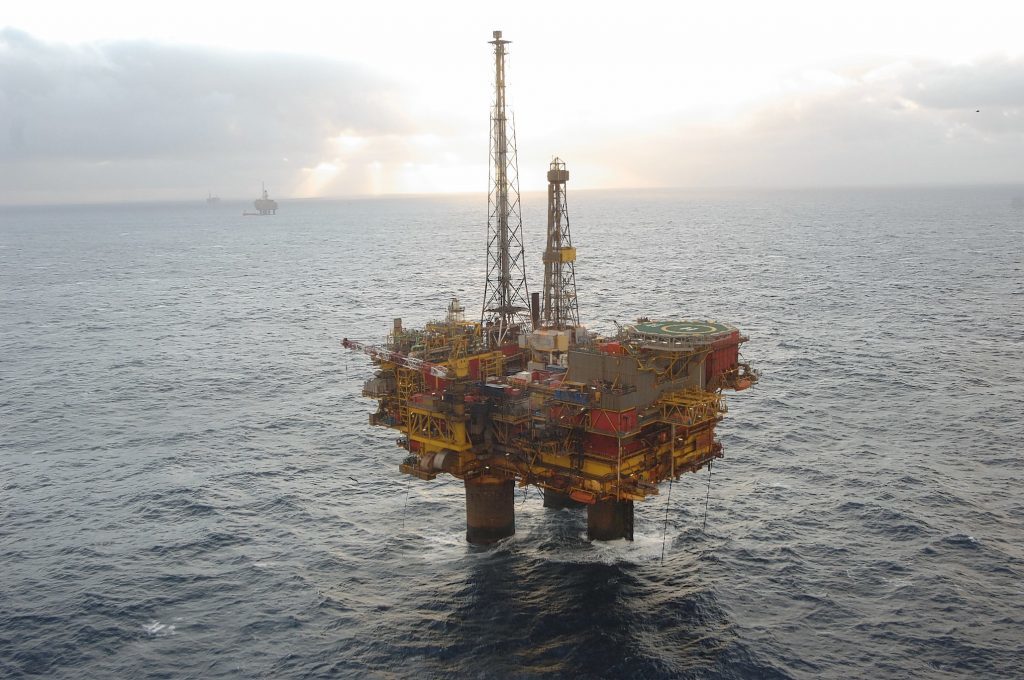
The Treasury confirmed yesterday that a new panel of industry experts would discuss increasing North Sea production and investment through tax breaks.
The group is expected to report its findings on the decommissioning tax relief system in time for the Autumn Budget.
The scope of allowances on investments and cluster areas will also be widened in a separate move intended to help squeeze more oil out and gas out of the North Sea.
Oil companies’ operating expenditure backdated to October 2015 will now be eligible for the allowance.
The Treasury does not expect to incur significant additional costs as a result of the measure.
Also yesterday, the Office for Budget Responsibility said it had lowered its forecast for oil and gas receipts by £2.7billion to £4.6billion between 2017-18 and 2021-22.
It expects UK oil and gas revenues to be £900million in 2017-18.
Industry body Oil and Gas UK (OGUK) said the amendment on allowances was “good news” and offered to play its part in the expert panel.
The Unite trade union demanded to be included in the panel, saying a “genuine partnership” between workers, government and industry would be “vital” in securing the North Sea’s future.
The SNP welcomed the review of tax relief, but warned that the UK Government’s failure to act now demonstrated an “alarming lack of urgency”.
Oil majors, lawyers and accountants welcomed yesterday’s announcements.
Industry chiefs have argued for months that allowing decommissioning tax relief to be transferred between buyer and seller would ease the sale of mature oil and gas fields.
In addition to establishing the panel, the government will also publish a formal discussion paper on tax issues later this month.
OGUK chief executive Deirdre Michie said she was confident the review would “identify the shortcomings of the tax regime” and help “unblock asset deals”.
Steve Phimister, Shell’s UK upstream vice president, said the Budget was “another step forward” in the quest to maximising the economic recovery from the North Sea, while BP said the measures complimented industry’s efficiency drive.
Derek Leith, UK head of oil and gas tax for professional services giant EY, said: “It is good for the North Sea to have an active market in the buying and selling of assets. It has been recognised for some time that the large decommissioning liabilities that are attached to some of these assets make deals difficult.”
Mr Leith also said it was critical that the Treasury does not do anything that will result in the public having to pay a larger slice of the decommissioning bill.
James Bream, research and policy director for Aberdeen & Grampian Chamber of Commerce, said: “If the outcome of this review prompts operators to sell on assets rather than race to decommission then this will be a positive outcome helping us maximise recovery, saving jobs and creating value.”
Professor Paul de Leeuw, director of Robert Gordon University’s Oil and Gas Institute, said it was positive that the government appeared to acknowledge the current system was “getting in the way of progress”.
John Scrimgeour, executive director at Aberdeen University’s Energy Institute, said a “smarter tax system” would be needed as North Sea industry moves further into its late-life phase.
Mr Scrimgeour also said “it could only be a good thing” that the government was prepared to listen to experts

